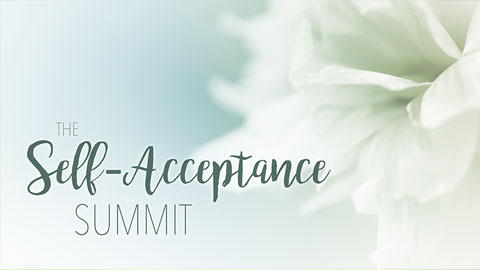Do you have any idea if self-acceptance leads to self-esteem? When we come to accept ourselves, including accepting the things we’d like to change, only changing them for the right reasons enhances our self-esteem. Thinking about others again can help us understand this. Someone that you like and respect, you’ll hold in esteem.
You see them as worthy of important things like respect and consideration. Turn these feelings inwards towards yourself, and that is your self-esteem. Your self-esteem revolves around respecting yourself and being considerate of yourself. In fact, there are all sorts of good things related to self-esteem, including the ability to regulate yourself. Also, to know when to say yes or no, when to take a moment and pause, and when to act.
Thinking about you and your self-esteem, do you respect yourself, regulate yourself, and expect consideration for yourself? Our level of self-esteem—high or low—has so many consequences for our everyday lives. These impact our ability to enjoy happiness in different ways.
Take the happiness we can get from an intimate and loving sexual relationship—that wonderful sense of being special to one person. Research has found that women with higher self-esteem enjoy a wonderful side effect of that, which is longer-lasting sexual desire, which is important to a loving and happy relationship.
These good things are part of an upward cycle that grows more positive as things like your self-respect, your understanding of yourself, your self-regulation, and so on feed into your self-esteem. The cycle builds and grows from the strength of these related strands and gives you the power to enjoy more happiness.
Or the reverse can happen, and you can become locked into a negative downward cycle. This is where, say, a lack of self-respect picks away at your ability to regulate yourself. In turn, you make poor choices, leading to damaging behavior. And that leads you to question yourself, have less understanding of yourself, and so on. Such a downward spiral in your self-esteem decreases your chances of happiness.
There are countless people you have worked with or met whose good self-esteem provides what you call a ‘happiness filter’ in a person’s life. Because they feel good about themselves—yes, they like themselves—they have a natural filter on what they allow into their inner, emotional life.
Their happiness filter is more likely to filter in positive things and filter out negative things that would impact their well-being. For example, their day may be going along fine, but the colleague who sits next to them is having computer problems and isn’t going to meet a deadline.
This colleague frets, moans, and groans, and generally disrupts the area around them. Those with good self-esteem—and so a well-functioning happiness filter—will lend an ear to their colleague, make suggestions, but not absorb their colleague’s stress and negativity.
On the other hand, those with lower self-esteem don’t have such a happiness filter working for them and may well feel obliged to take on some of their colleague’s stress. What good does that do anyone? The person with good self-esteem and a naturally functioning happiness filter realizes that that doesn’t help themselves or their colleague.
Think about the last time you were in such a situation. A colleague, friend, or family member was experiencing some difficulty or stress. How did you respond? Be honest with yourself. Could you ‘lend an ear’, but not feel obliged to join in with their emotionalization and take their stress on board—and instead filter it out? Or did you end up feeling as they did? Make a note here about what happened and how you felt. So, you need to understand that self-acceptance leads to self-esteem.

Read More:
Your Straight you’re Line of Success





